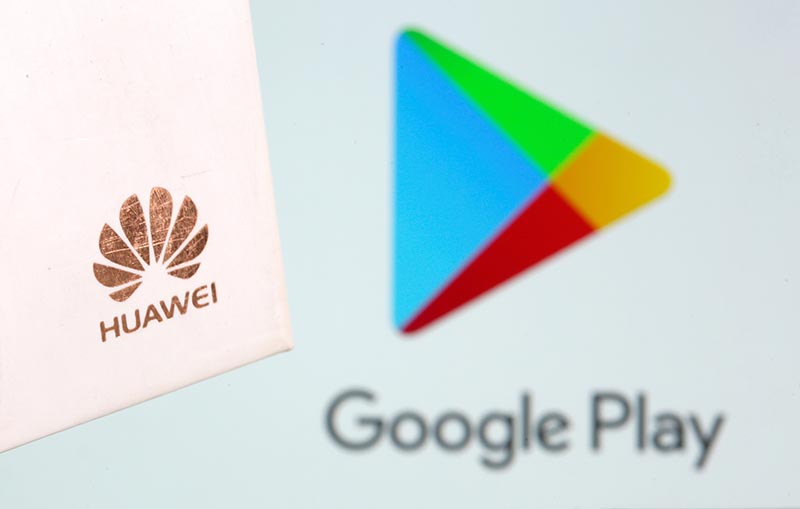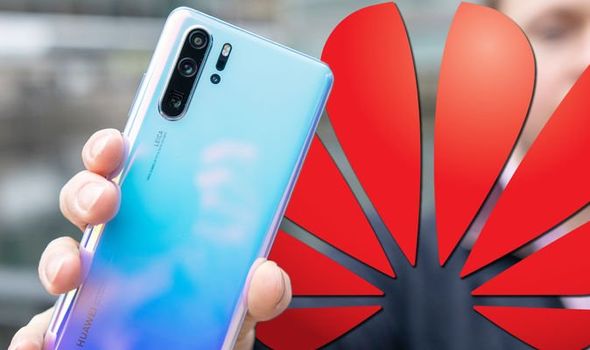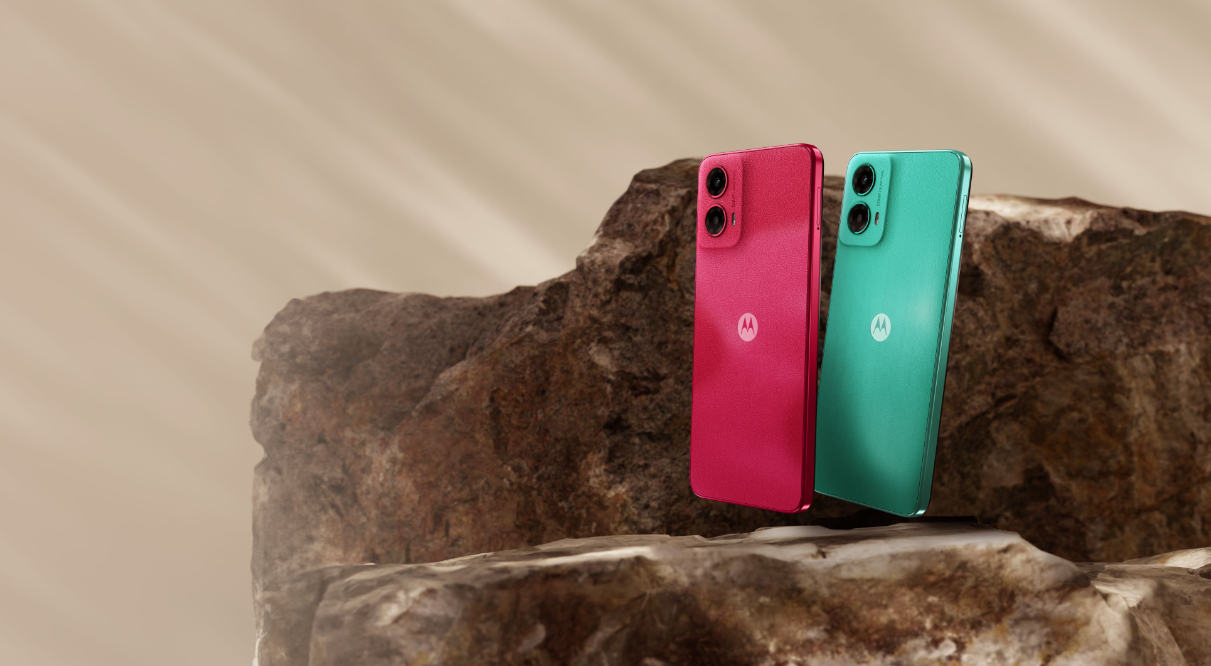The past few years have been bittersweet for Huawei, much like the ending of the Game of Thrones. One the one hand, it has been steadily climbing the ranks as one of the largest smartphone manufacturers in the world, its products which also include its matebook line of ultrabook have gotten rave reviews from reviewers and users alike.
But on the other hand, it has been hit with several scandals that accuse the company of threatening its users privacy. Some reports even have accused Huawei of outright spying and espionage.

The latest blow to Huawei comes from Google, a company which every major smartphone company wants to have good relationship with (Google owns Android, so I guess you get the reason why). The exact situation is this: Google has halted business with Huawei regarding the transfer of hardware, software, and technical services except the products that have open source licensing. I will explain what this means in the subsequent paragraphs but first let me tell you why.
What did Huawei do?
Why did Google cut business ties with one of the world’s largest smartphone maker? Does this help Google in any rational way? Did Google feel threatened by Huawei’s growing dominance? Google’s smartphone dominance comes from Android, if a smartphone company uses Android, Google doesn’t care about anything else. Then what’s happening.
Did Huawei violate some of Google’s obscure policies? Not exactly.
So why is Google halting its support for your brand new Huawei P30 Pro? The reason is the ongoing trade war between US and China. US has accused Huawei of spying on its users for the Chinese government and outright espionage. Of course Huawei has denied those claims but several security officials in US believe that Huawei poses a threat to national security.
So, they have put Huawei in an ‘entity’ list. This is a blacklist of sort where companies in the US cannot trade easily and freely with the members of the list. For Huawei, according to various media sources, US has restricted any transfer of hardware, software, or technical services. As Google is a US company, and Android its product, Google won’t be able to support Huawei phones anymore.
What are the effects of this ban?
First and foremost, if you have a Huawei phone, you will stop getting important security and system updates directly from Google. However, updates for google apps and other apps from the play store won’t be interrupted from this ban on current Huawei phones (according to Google). But future Huawei phones won’t be able to install proprietary Google apps like Chrome and Google Calendar.
For Huawei users’ questions regarding our steps to comply w/ the recent US government actions: We assure you while we are complying with all US gov’t requirements, services like Google Play & security from Google Play Protect will keep functioning on your existing Huawei device.
— Android (@Android) May 20, 2019
This isn’t that big of a news to Chinese customers of Huawei, which account for nearly half of Huawei’s total smartphone sales, as most Google apps are already banned in China. Huawei has been providing them with alternatives from themselves and other chinese companies like tencent and Baidu.
But the ban also stops Huawei from getting software update and active collaboration from Google on Android which might be bit of a problem for Huawei. For its upcoming phones, Huawei will have to rely on AOSP which is the open source version of the Android Project and build their skin on top of that.
The bottom line is that if you have an old Huawei phone, all your apps will run fine but you won’t get system updates and security updates from Google. The Huawei phones that are yet to be released won’t support Google’s proprietary apps and probably will come with a different Android experience than you are used to with Huawei devices.
What the companies have to say?
On Monday, Huawei promised to continue providing security updates and after-sale services for its smartphones and tablets. Huawei also said that it had been working on a contingency plan for a long time in the anticipation of an event like this. Why were they anticipating this? Huawei has been under the scrutiny of the US government for over a decade.
The only response from Google until now has been that it plans to comply with the ban and it is still reviewing the far-reaching implications of the ban on both companies.
The story doesn’t end
While the Google suspending business with Huawei got the spotlight, it is good to know that this ban imposed by the US government stops other tech companies from working closely with Huawei. Chip makers like Qualcomm, Broadcomm, Micron, and Intel have told their employees that they won’t provide critical information and components to Huawei until further notice.
The full implication of the blacklist hasn’t yet been disclosed. All the US-based companies and Huawei are carefully reading the blacklist to measure the extent of the damage. Analyst have told that this blacklist could hamper the development of the 5G network system around the world as Huawei is the leading telecommunications company to make 5G hardware.
Right after the blacklist was announced, U.S. Commerce Department said it was considering scaling back restrictions on Huawei to “prevent the interruption of existing network operations and equipment” according to Reuters.
We still need some days to get the news of the next steps that Huawei and other companies will be taking. We will have to wait to see if the US government will loosen its stance on Huawei because this blacklisting will severely affect companies on both sides.
-
Hero Xtreme 125R, A New Contender in the 125cc Segment, is Coming to NepalHIGHLIGHTS Hero Xtreme 125R price in Nepal is expected to be around Rs. 3 Lakhs.…
-
Motorola Moto G45 5G with Snapdragon 6s Gen 3 SoC Launching Soon in NepalHIGHLIGHTS The Motorola Moto G45 5G price in Nepal is expected to be at Rs.18,999…
-
Hero Xtreme 160R 4V Launching Soon in Nepal: 160cc Scene on Fire!HIGHLIGHTS Hero Xtreme 160R comes with 4-valve technology. It will be the fastest 160cc bike…



















